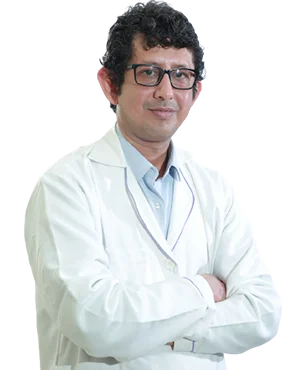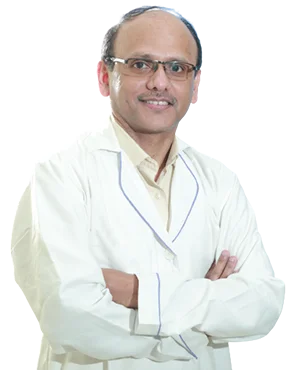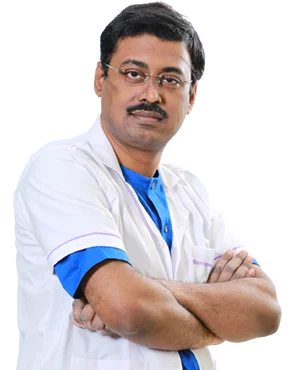According to the National Family Health Survey of 2017, one in every eight Indians has hypertension. That roughly means that almost 207 million individuals in our country are living with the consequences of living with high blood pressure. Blood pressure is determined both by the amount of blood your heart pumps and the amount of resistance to blood flow in your arteries. The more blood your heart pumps and the narrower your arteries, the higher your blood pressure.
High blood pressure can be present for years without causing any symptoms. High blood pressure that is uncontrolled raises your risk of significant health problems such as heart attack and stroke. High blood pressure, fortunately, is easily detectable. You can work with your doctor to control your blood pressure after you discover you have it. Medica Hospital has some of the best doctors and health specialists that grants us the advantage of treating common age-induced diseases such as hypertension with efficiency and ease.
Symptoms
As previously stated, even if blood pressure measurements reach dangerously high levels, most persons with high blood pressure have no indications or symptoms. Headaches, shortness of breath, and nosebleeds are common signs and symptoms of high blood pressure, but they aren’t specific and usually don’t appear until the condition has progressed to a severe or life-threatening stage
Types
High blood pressure can be divided into two categories.
Primary Hypertension: There is no known cause of elevated blood pressure in most persons. Primary (essential) hypertension is a type of high blood pressure that develops gradually over several years.
Secondary Hypertension: An underlying ailment can produce high blood pressure in some persons. Secondary hypertension is a type of high blood pressure that appears suddenly and causes higher blood pressure than initial hypertension.
Causes
Although adults are more likely to have high blood pressure, children may also be at risk. High blood pressure can be caused by problems with the kidneys or the heart in some children. However, bad lifestyle habits, such as an unhealthy diet and lack of exercise, are contributing to high blood pressure in an increasing number of children. The common causes of hypertension are:
- Age
- Race
- Family history
- Being overweight or obese
- Not being physically active
- Using tobacco
- Too much salt (sodium) in your diet.
- Too little potassium in your diet
- Drinking too much alcohol
- Stress
- Certain chronic conditions
Diagnosis
Your doctor will do a physical examination and ask you questions about your medical history. A doctor, nurse, or other medical assistant will wrap an inflated arm cuff around your arm and use a pressure-measuring gauge to take your blood pressure.
Treatment
Generally high blood pressure is treated by using a combination of lifestyle changes and medications. Our doctors will thoroughly examine your blood pressure to determine the cause and aggression of your pressure fluctuations. If feeling dizzy or having complaints of headaches or excessive sweating, see a doctor at the earliest.






